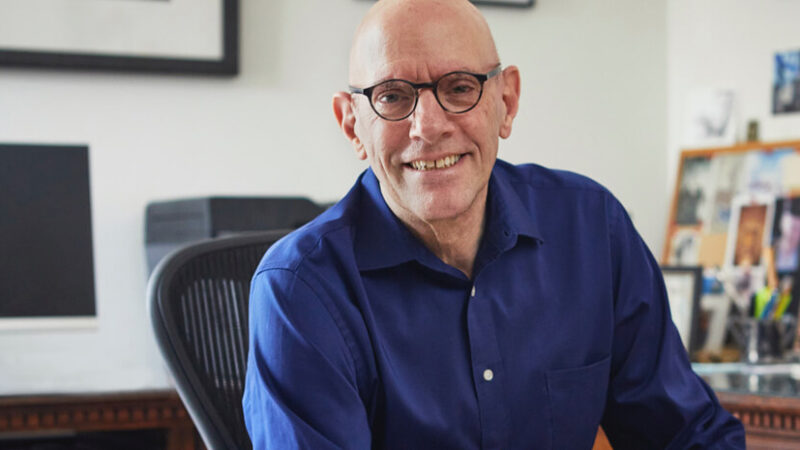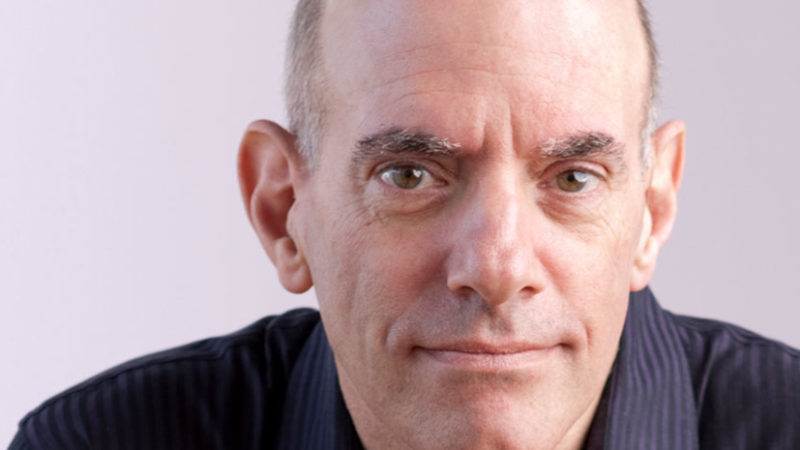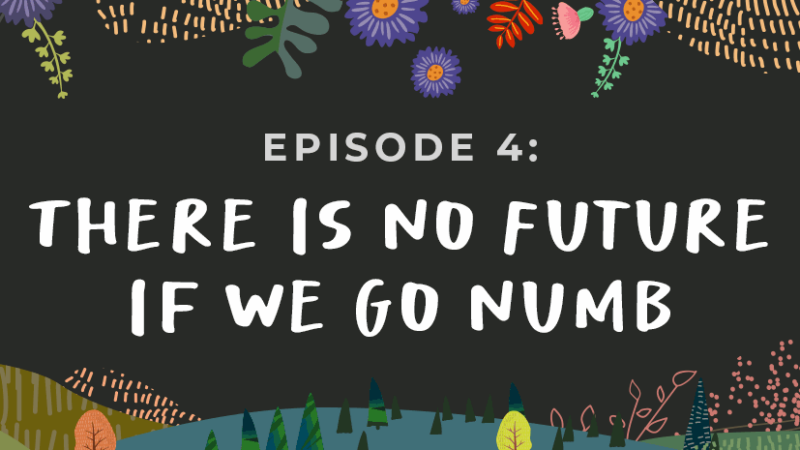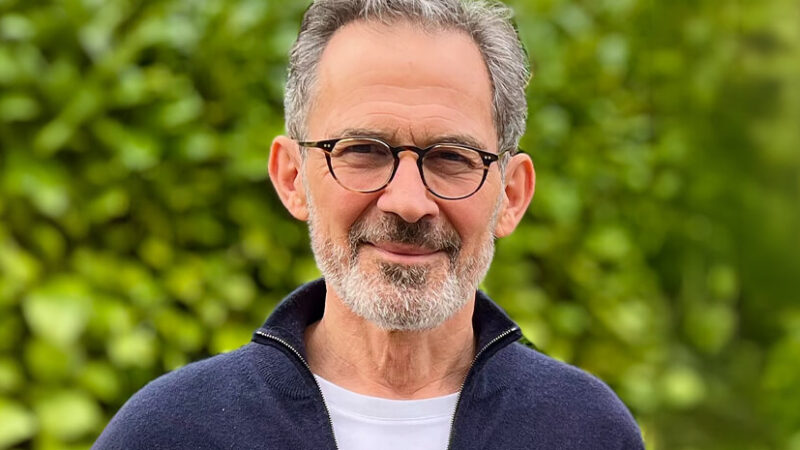“All my work is about devotion to the messy, magnificent human journey”
—Mark Nepo
Every day, we learn. We take in more of the new. And yet, we can only respond to situations based on what we know already. We rely on the old.
Mark Nepo seems to be asking about the space between. What does it mean to grow and change with grace? What does it mean to have faith in that process? And what does this have to do with writing and expression?
We are constantly tasked to face the unknown using tools that may have only worked for us in the past (and that is freaking scary).
I believe that asking questions is elemental to human nature. But, it is impossible to truly know any of the answers.
For Mark, there is no one right way forward. There is no way out of fear. There is only a sensibility that can be adopted: that is, the willingness to listen.
In other words, there are no objectives. There are no end products. The “answer” is in letting go of resistance to what we know, have, and are.
That way, the invisible can make itself known.
WITNESSING
“How do we talk about the things that matter that you really can’t see?”
—Mark Nepo
The ephemeral connection between ourselves and the world of essence exists within our hearts. With this practice—this practice of inner trust, perhaps even surrender—we can begin to gesture at expressing the unsayable.
What’s clear about Mark Nepo is that he is first and foremost a writer. However, his ideas can be applied to any form of expression.
To bear witness in writing, Mark advises giving full attention to whatever is in front of you, then describing it in as much detail as possible. It’s important not to make it seem magnificent or assign it “a bunch of meaning.”
Don’t evaluate it.
We are the observers and not yet the translators.
There is another part to it. Look inward. Feel what is moving through you at that moment. “Paint” that feeling with words. Don’t judge. Don’t bother with meaning. This disposition is inherently freeing.
In this state (and I fall in and out of it even as I write this), reality moves up to our eyes like a mirror. We can look at it and hear it, be part of it.
THE INVISIBLE WORLD
“You can’t see light except for what it illuminates. All the forces that hold us and support us are invisible”
—Mark Nepo
We name things all the time. We have to. It keeps chaos at bay.
But, naming things tends to keep us separate from them. That is this and I am this and you are there and I am here.
In his Insights at the Edge episode with Tami, Mark mentions that we are accustomed to listening in this way.
We immediately assign names, places, spaces, reasons, meaning and significance to everything we see and feel. We judge and assume (partly because it is efficient; partly because we are so used to doing it).
This is in stark contrast to the “essence of wholehearted presence, however and whenever that appears.”
IMMERSION
“The truth is, I barely understand half of what comes through me. The other half leads me”
—Mark Nepo
Immersion is a different kind of listening.
Rather than naming, one engages in a mutual conversation with the world. Discovery and creation unite as the byproduct of participation in oneness.
For Mark, immersion is a way to stop resisting our naturalness and be… whatever it is we were meant to be, as humans.
When he talks about “the things that matter,” what he seems to mean is the invisible world, “that which holds us together.” In immersion, we have the chance to interact with the invisible source of our unity.
Like the fiery and untouchable sun from which our individual experiences emanate.
WHOLEHEARTEDNESS
“It’s a gift that we can’t reach what we’re trying to say or what we see, because of all that it gives us”
—Mark Nepo
In his interview, Mark says to Tami about art-making, “What matters more is our wholeheartedness than whether we do it well.”
Tami’s response struck me. “I notice, as you offer that answer, there’s a part of me that really softens.”
Creation can be a meeting place. Rather than prescribing, you meet something somewhere, and then you embrace whatever happens. You accept what is present—and in return, you are accepted just as you are.
Wholeheartedness: letting go of expectation for the sake of the unsayable.
SELF-EXPRESSION
“Just because I write it doesn’t mean that I have the meaning of it all”
—Mark Nepo
As a writing teacher, I often tell my students that if they’re stuck, they may not be empty of ideas. In fact, they may be too full.
Creating space for the heart allows the bubbles to rise up. Like attracts like. We see what we see.
“If you’re not quite there, go back to the heart of whatever the expression is about, and get closer, and get stiller, and put your defenses down, and get closer. … Go back and have a more open heart, and see what comes then.”
Sometimes, it’s unpleasant.
Sometimes, it’s utterly nonsensical.
Poetry, as one possible example of this art, has long emptied itself of pragmatic purpose and precise meaning for the sake of beauty and potentiality.
You may end up with something that you don’t understand for years. You may just take that thing out later and realize what you meant. Authentic expression is not a product. It’s a message from you to you, from the universe to the universe.
And it is always miraculous.












